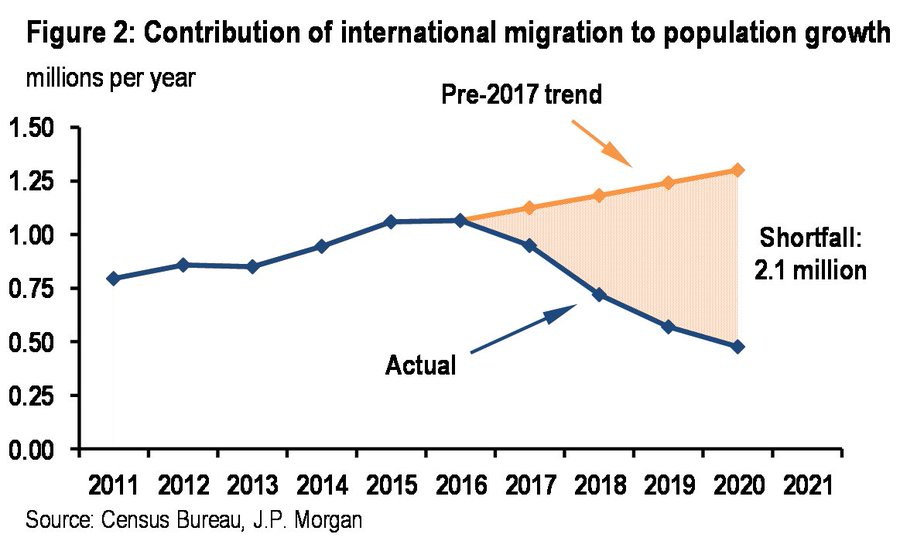My end of week morning train WFH reads:
• Regulatory riddle: An investigation into the SEC v. Ripple case and its consequences for crypto The rapidly expanding crypto business is attracting regulatory scrutiny from the SEC (Fox Business)
• The Winners and Losers From a Year of Ranking Covid Resilience Past performance is no guarantee of future success — or failure (Bloomberg) but see New COVID-19 Variant With ‘Horrific’ Mutations Identified in Three Countries Virologists are warning about the dangers posed by a “horrific” new variant of COVID-19 that was first discovered in southern Africa. The variant, currently named B.1.1.529, has dozens of mutations, making it more likely to be able to evade the protections provided by vaccines. Scientists are now concerned the “extremely high number” of mutations could make this even more transmissible than the delta variant. (Vice)
• Everyone’s Moving to Texas. Here’s Why. As the Golden Gate shuts, the Lone Star beckons. If you’re looking for an affordable, economically vibrant city that is less likely to be damaged by climate change than many other American cities, our data shows why Texas is a new land of plenty. (New York Times)
• How Serena Williams Is Making Massive Social Impact Through Venture Capital With over 50 portfolio companies with a $33 billion market cap and 60 percent diverse founder investments, Serena Ventures is making waves in the venture capital world by investing in mission-driven companies. (Worth)
• This could finally be Sears’ and Kmart’s last holiday shopping season This Black Friday could very likely be the start of the final holiday shopping season for Sears and Kmart, two brands that once proudly dominated the US retail landscape. The two chains are only a shell of what they were when the holding company that owns both emerged from bankruptcy less than three years ago. (CNN)
• Who Is Right about Inflation? The US Fed and consumers have very different expectations about the future. (Chicago Booth Review)
• Psychologists have found that triggering large prediction errors helps to change false beliefs people are more likely to update their beliefs after learning that there is a large gap between what they (falsely) thought was true and what is in fact true, but are relatively less likely to update their beliefs when the gap is small. The findings suggest that the element of surprise could play a role in reducing the spread of misinformation. (PsyPost)
• New York City Is Building a Wall of Oysters to Fend Off Floods Thousands of acres of undersea reefs once protected the city’s shoreline. Now an army of volunteers is bringing the bivalves back, one shell at a time. (CityLab)
• The Inflation Miscalculation Complicating Biden’s Agenda Administration officials overestimated how quickly Americans would start spending money in restaurants and theme parks, and they underestimated how many people wanted to order new cars and couches. The emergence of the Delta variant of the virus over the summer and fall slowed that return to normalcy. Americans stayed at home, where they continued to buy goods online, straining global supply chains and sending the price of almost everything in the economy skyward.(New York Times)
• What Dogs Do and Don’t Understand Our canine friends don’t get the meaning of our words without extra cues, research shows—but they do learn to anticipate what we say (Wall Street Journal)
Be sure to check out our Masters in Business this weekend with Steven Fradkin, President of Northern Trust Wealth Management, a division of the insurance giant. The group has $355 billion in assets under management, serving 1 in 5 of the wealthiest families in America. Fradkin was previously Chief Financial Officer and was head of the international business for NT.
Do people realize that immigration to the U.S. has dropped by half just since 2016?

Source: @Noahpinion
Sign up for our reads-only mailing list here.

